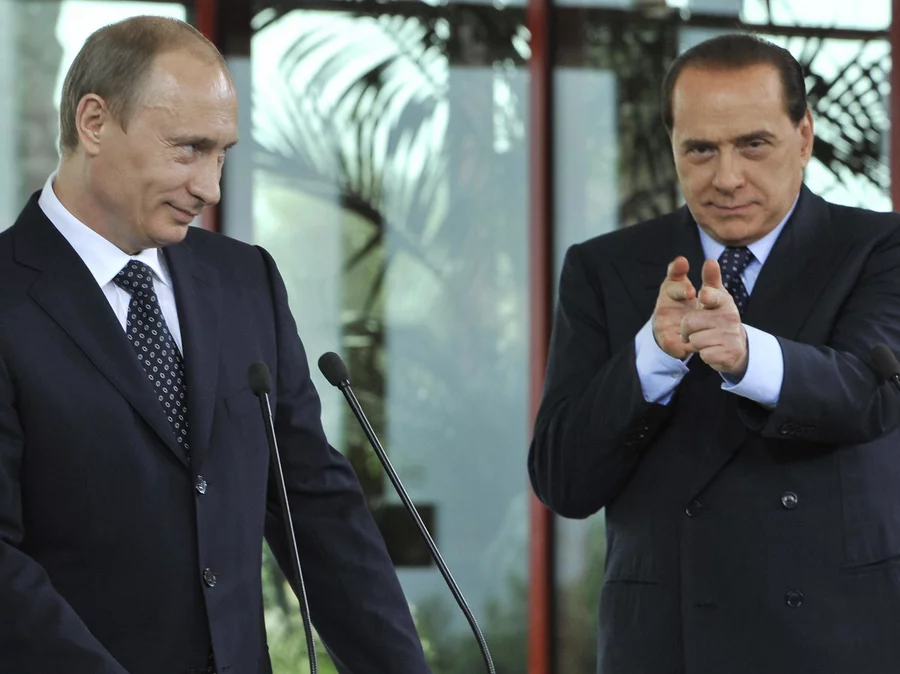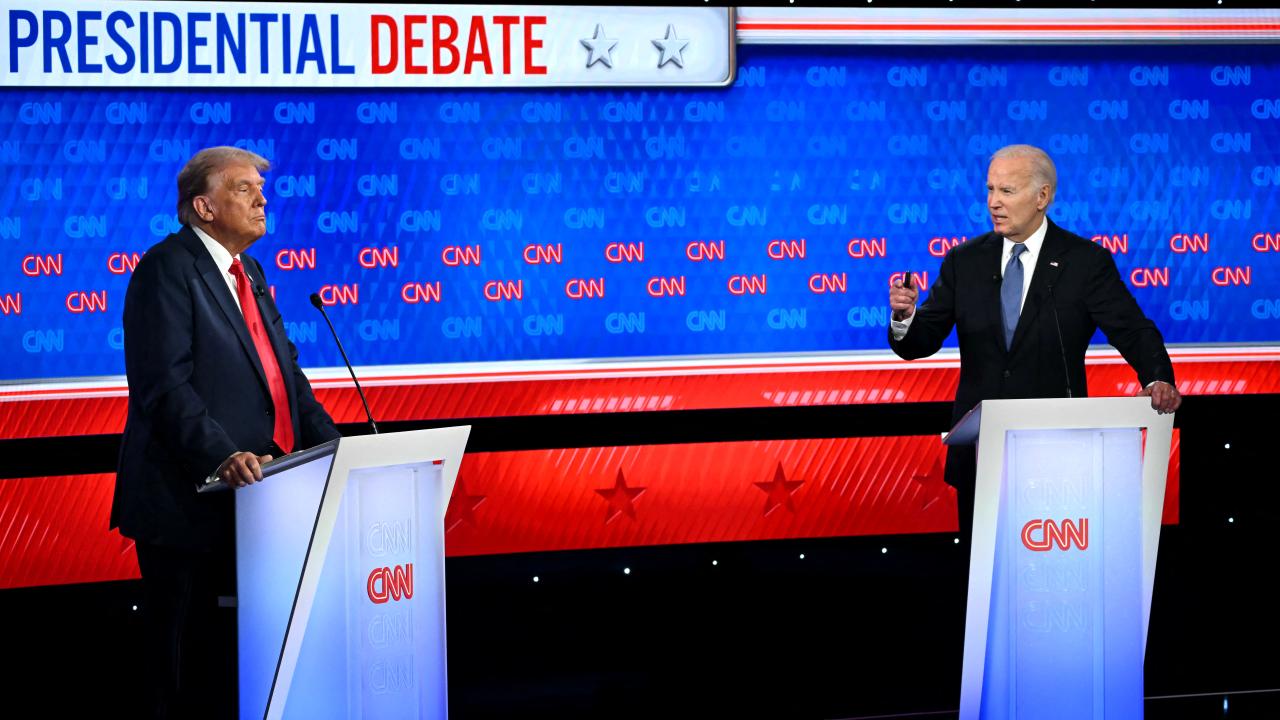In his editorial for Il Fatto Quotidiano, Marco Travaglio lambasts the hypocrisy and inconsistency of those who, following Putin’s invasion of Ukraine in 2022, have suddenly donned a veneer of anti-Putinism, despite having previously shown sympathies towards the Russian leader. Travaglio highlights his newspaper’s consistency in harshly criticizing Putin and his regime, pointing out how various Italian political and media figures have instead nurtured ambiguous or openly friendly relations with the Kremlin, doling out honors and signing deals to maintain commercial and diplomatic ties. He wryly comments on the slow pace at which public opinion and political leaders shift their perception of authoritarian regimes, suggesting it might take decades before the true nature of such governments is acknowledged, as seen in the case of Assange.
* * *
Take your time
For two years, since Putin invaded Ukraine, we’ve been accused of Putinism by those who were Putin fans up until 2022. And we anxiously wait for these turncoats to point out a single line published by Il Fatto in 15 years that favors Putin: a futile wait, since we’ve reserved nothing but fierce criticism for Putin and his cheerleaders. We have many flaws, but inconsistency and hypocrisy aren’t among them. We didn’t need Ukraine to understand that Putin is a warmonger (a perfect pupil of NATO, which unleashes massacres around the world without even calling them wars): Chechnya (1999), Georgia (2008), Crimea (2014), and Syria (2015) were enough for us. And we didn’t wait for Navalny’s death to realize that anyone opposing Putin ends up badly: Anna Politkovskaja, to name just one, was killed in 2006.
Where were the politicians (not just Matteo Salvini [Minister of Infrastructure and Transport]: almost all of them) and the journalists who now wrap themselves in anti-Putinism? Very few said what they say today. Many wrote the opposite, or hid behind realpolitik. And let’s be clear: there are institutional and commercial relationships that must be maintained with all regimes, even the worst, as we continue to do with tyrants even worse than Putin (just think of the scoundrels we buy gas and oil from now that we no longer buy it from Putin against our interests). But here we’re talking about the amorous feelings for the Russian autocrat that go beyond due diplomacy. Sergio Mattarella [President of Italy] handed out knighthoods and honors to 30 Putinist boyars. Berlusconi was chummy with “friend Volodya,” “man of peace,” and “gift from God” (to the applause of his party, including those still alive). Prime Minister Enrico Letta stood with Putin at the Sochi 2014 Olympics while other Western leaders boycotted due to persecutions against gays. Matteo Renzi (with Carlo Calenda) authorized the sale of “Lynx” Iveco vehicles after the post-Crimea military embargo and increased dependency on Russian gas, was buddy-buddy with Putin at various summits, fought against sanctions, and ended up on the board of a car-sharing company partly owned by a Russian state bank. Luigi Di Maio sent the loyal Manlio Di Stefano to the United Russia party congress, with whom Salvini signed a never-repudiated partnership agreement. Giorgia Meloni [current Prime Minister of Italy], in her 2021 book, Io sono Giorgia, praised Russia for “defending Christian identity and fighting Islamic fundamentalism.” Il Giornale, Libero, and Il Foglio kissed up to Berlusconi who kissed up to Putin, and vice versa. Repubblica hosted Putin’s paid propaganda in the Russia Today insert for six years. Then, gradually, everyone realized who Putin really is. So, now they might even understand that regimes arresting and persecuting Julian Assange are not democracies. But no rush: let’s give it another twenty years.
Il Fatto Quotidiano, February 23, 2024





